Varuni Kanagasundaram
Varuni Kanagasundaram’s art practice and research through clay, textile, performance and community engaged projects investigate rituals of women from the South Asian, more specifically Tamil Diaspora, to explore flux, loss, transience and impermanence of the tangible and intangible that accompanies migrant displacement. How gender and cultural identity are expressed through agency of materiality and performance of cultural rituals as well as how they find new modes of expression when exposed to material practices of different lands and their cultural traditions are explored within the context of relational meaning in ritual practices. Varuni has been a recipient of the NCECA (American National Council on Education for the Ceramic Arts) Multicultural Fellowship; presenter at conferences in Australia (ACUADS) and in USA (NCECA); international art residencies in the USA (Colorado and New Mexico); selected in international exhibitions including NCECA Annual Exhibition in 2020 (Richmond, Virginia, USA); public art commissions/grants in Melbourne and Sydney; finalist in major sculpture/fine arts exhibitions and award recipient in Australia. These avenues for communicating have enabled the creative practice and research to engage a broader audience.
Residency/Fellowship
Truth & Reconciliation 2018/2019
2024 Sovereignty
Website
Location
Melbourne, Victoria, Australia
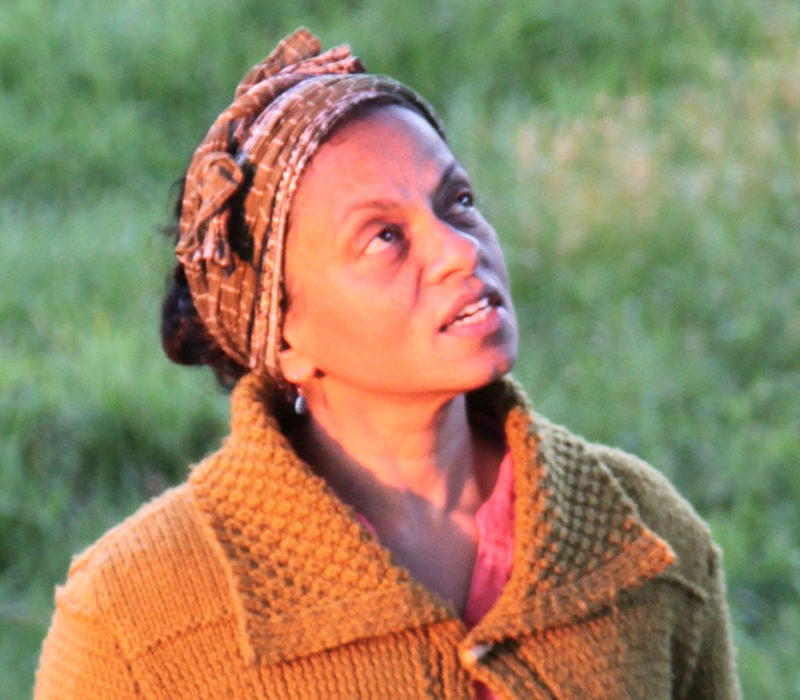
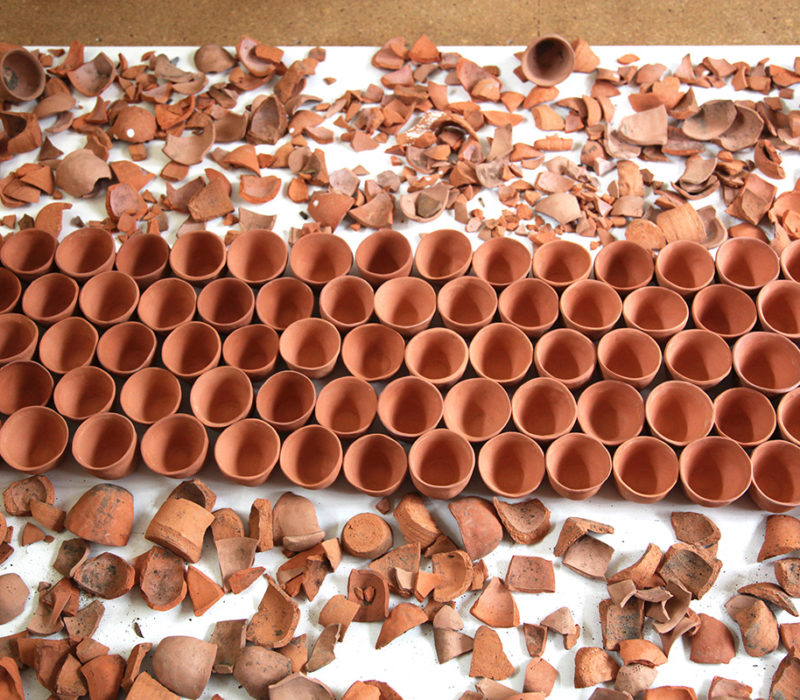
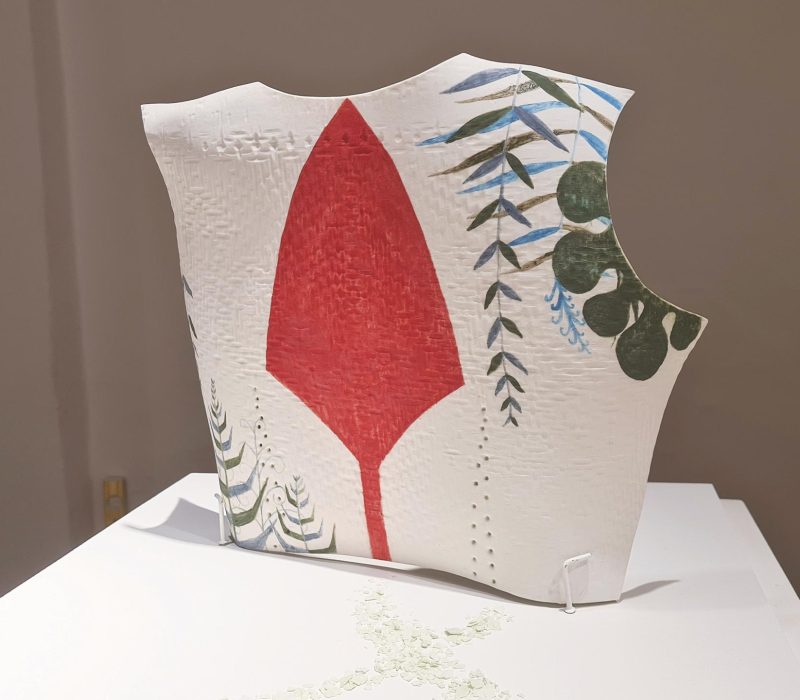
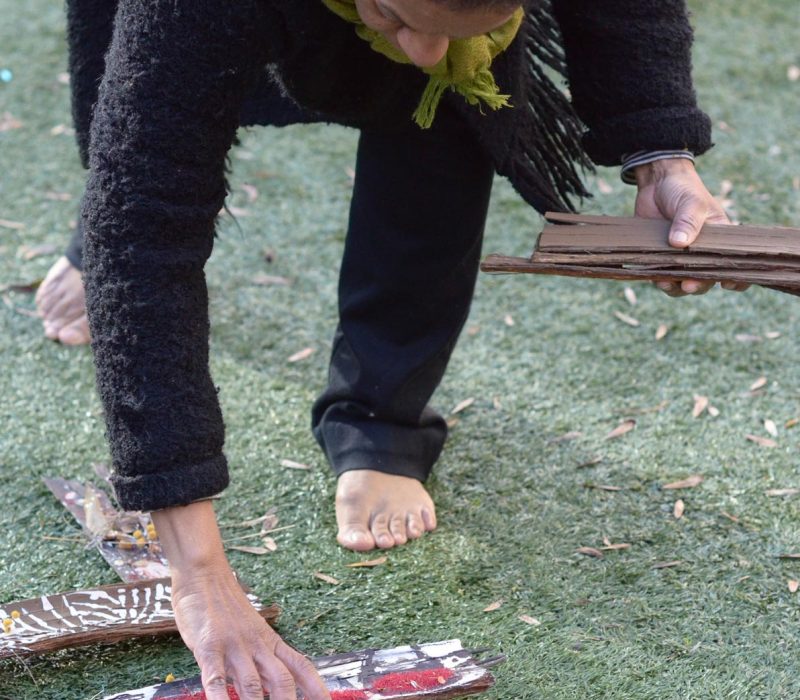
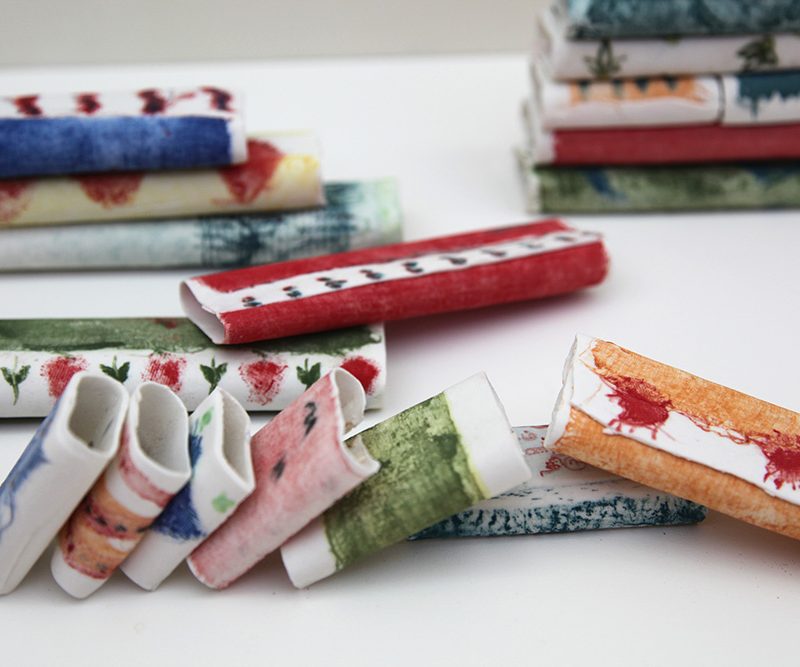
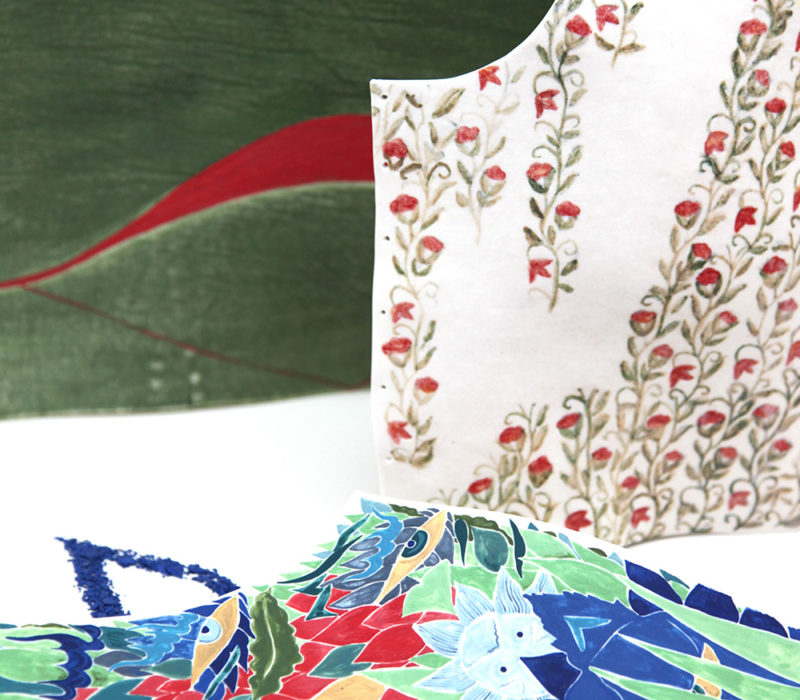
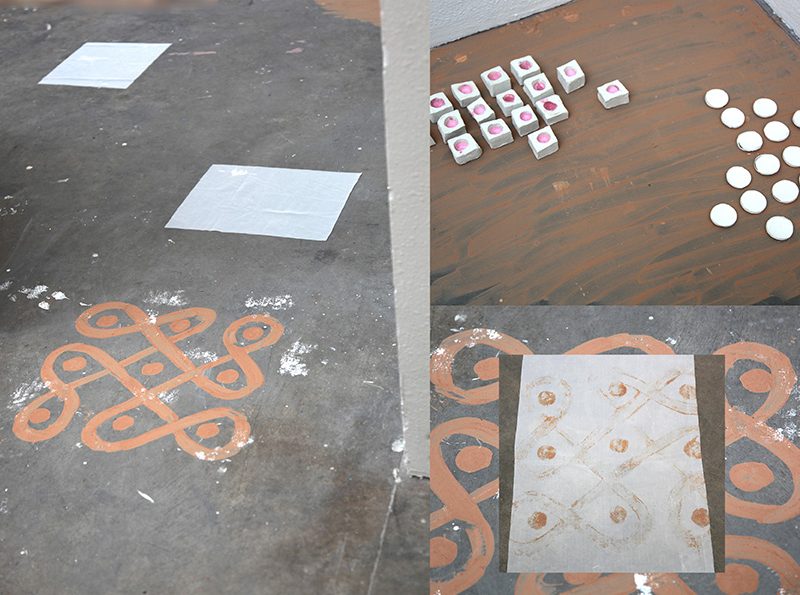
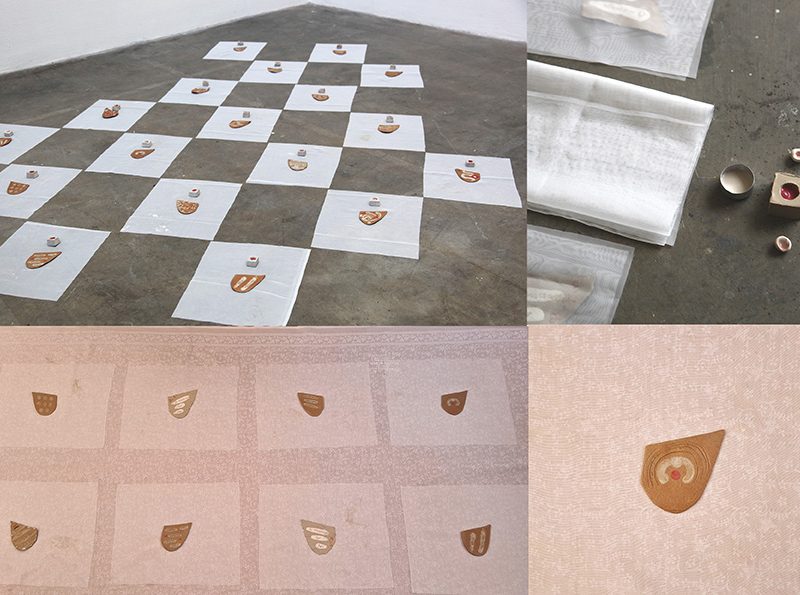
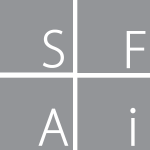 © Santa Fe Art Institute / Santa Fe, New Mexico /
© Santa Fe Art Institute / Santa Fe, New Mexico /